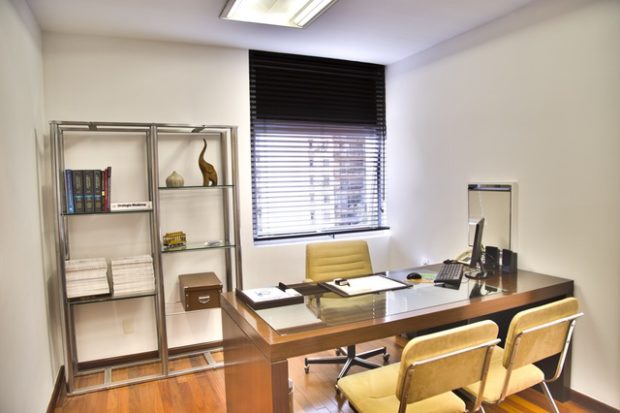7 Habits You’ll Need to Establish When Working Remotely

If you’re planning to start a new career, or if you’re preparing for a change in your current job, there’s a strong chance you could end up in a work-from-home position. Today, more than 43 percent of workers do at least some of their work from home, and those that do are spending more time working from home than they did back in 2012.
This increase is partially attributable to the fact that more employers and employees are discovering the advantages of working from home, such as higher morale, less commute time, and more flexibility. There are some disadvantages to working from home, too—but if you start your new remote working career with the right habits, you can condition yourself to counteract them.
Remote Working Habits You Should Start
These are some of the best remote working habits to start your work-from-home career on the right foot:
Dress for success.
There’s ample scientific evidence to suggest that the clothes you wear have a significant impact on your performance, confidence, and even your personality. You may be able to wear pajamas to work without issue, but you’ll stand to perform better if you dress as you would for a normal workday. Try to start this habit when you start working from home; if you wait too long, your sloppier dress style may become the new normal, and you’ll miss out on the benefits here.
Keep to a schedule.
Keep yourself on a consistent work schedule. That means waking up approximately the same time each day, starting work at the same time, taking breaks around the same time, and stopping work at the same time as well. This will help you stay on track with your performance goals, and may also help you maintain a better work/life balance.
Exercise.
Try to work some time to exercise into you daily schedule. Exercise will boost your energy levels for the rest of the day, and will counteract some of the negative health consequences of working a sedentary job. It can also serve as a good excuse to take a break or get out of the house, which can boost your performance further. Just make sure you exercise safely—the last thing you want is an injury to complicate your productivity.
Only do work in designated areas.
You may be tempted to do some work on the couch or in the bedroom, but keep your work relegated to only one room of the house—preferably a designated office. This will help you draw the line between your professional and personal life, and make it easier to start work each day.

Take note of distractions.
You’ll undoubtedly be distracted by temptations in your house throughout the day, whether it’s the allure of the TV in the next room, or a loud family member making your job more difficult. Take inventory of these distractions as much as possible and learn to avoid them or confront them early on. The sooner you’re aware of them, the less power they’ll have over you.
Clean your house.
Clean workplaces are more productive workplaces. Unfortunately, spending much of your time working means you’ll be less able (or less motivated) to keep your space clean. Invest some time every day to tidy up, and you’ll be happier and more productive.
Socialize with others.
Working from home can get lonely, especially if you don’t have much interaction with your coworkers on a regular basis. Make it a point to compensate for this by socializing regularly, whether it’s getting together with friends for lunch, or just working in a coffee shop instead of your home office a few days a week. Even the fleeting contact you have with a cashier or a stranger on the street can be a valuable way to counteract the isolation you might otherwise feel.
Developing Your Own Working Style
These entry-level habits are good to ensure you make a smooth transition to your new working environment; however, they aren’t perfect fits for everyone. For example, while most people perform better when sticking to a schedule, others may find that a looser, more flexible approach is superior. As you grow to become more comfortable with your position, allow yourself to experiment; pay close attention to how your productivity and mood change with your new additions, and keep the strategies that work best for you as an individual.

